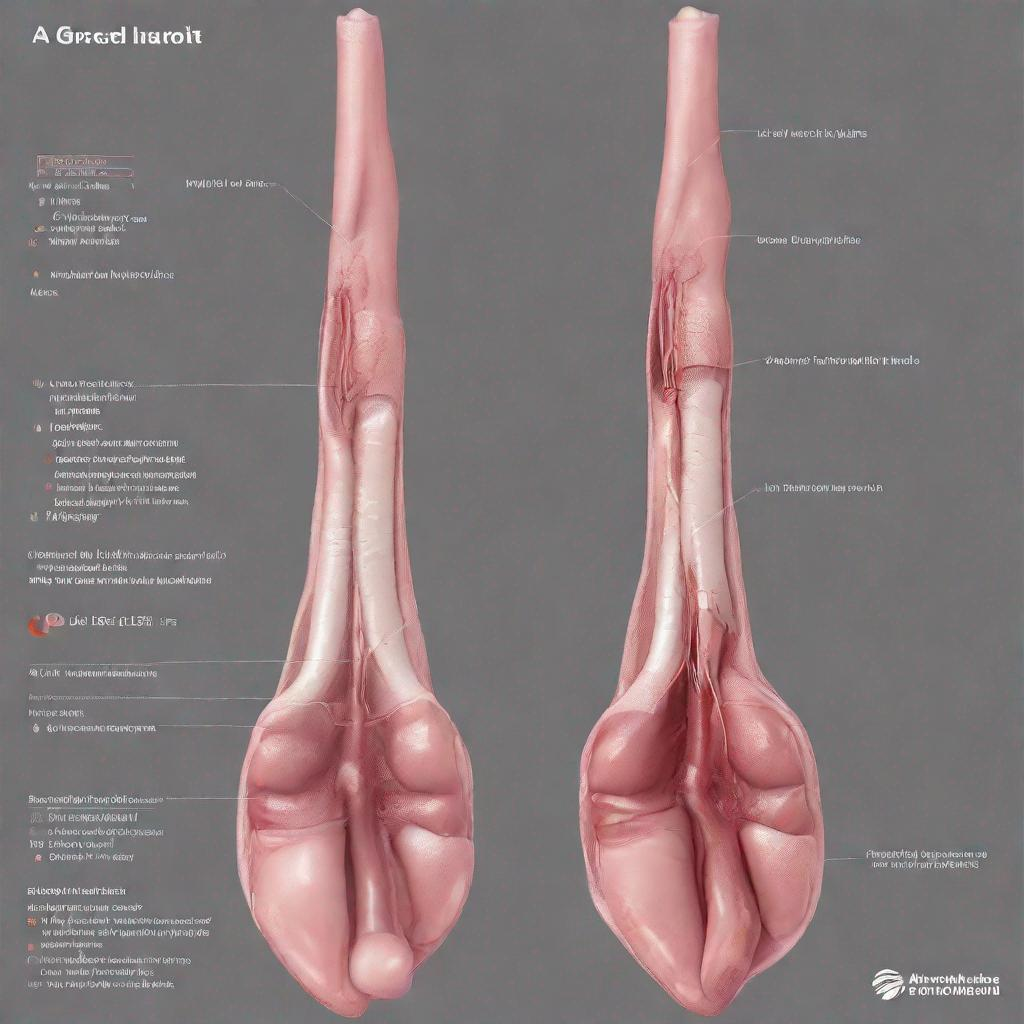“`html
Microalbumin 24HR (U): A Comprehensive Guide for Patients
Introduction
The Microalbumin 24HR (U) test is a vital diagnostic tool that can provide valuable insights into the health of your kidneys. It measures the amount of albumin, a protein found in the blood, that is excreted in the urine over a 24-hour period. Abnormal levels of albumin in the urine can indicate a wide range of health conditions, from early-stage kidney disease to serious systemic illnesses.
Test Overview
The Microalbumin 24HR (U) test evaluates kidney function. Healthy kidneys filter albumin out of the blood and keep it from entering the urine. However, when kidneys are damaged, small amounts of albumin can leak into the urine, indicating impaired kidney function.
Conditions and Diseases Detected
The Microalbumin 24HR (U) test can help diagnose or monitor several health conditions, including:
- Diabetes: Early detection of microalbuminuria can indicate diabetic nephropathy, a common complication of diabetes that damages the kidneys.
- Diabetic Nephropathy: This test monitors kidney function in patients with diabetes and indicates the progression of kidney disease.
- Glomerulonephritis: A condition characterized by inflammation of the glomeruli, the tiny filtering units in the kidneys, which leads to increased albumin in the urine.
- Lupus Nephritis: A kidney disease associated with the autoimmune disorder lupus, which affects the kidneys’ ability to filter out albumin.
- Myeloma, Multiple: A cancer of plasma cells that can damage the kidneys and cause increased albumin excretion.
- Nephrotic Syndrome: A group of kidney disorders that result in protein loss in the urine, including albumin.
- Preeclampsia: A potentially serious pregnancy complication involving high blood pressure and protein in the urine, including albumin.
- Renal Failure: End-stage kidney disease where the kidneys are unable to function properly, resulting in elevated albumin in the urine.
- Vasculitis: Inflammation of the blood vessels that can affect the kidneys and lead to albuminuria.
Preparation Guidelines
To prepare for the Microalbumin 24HR (U) test, follow these guidelines:
- Collect a clean urine container from your doctor or healthcare facility.
- Begin the collection at a specific time, typically instructed by your doctor.
- Collect all urine for the next 24 hours, including the first and last void of the period.
- Keep the urine refrigerated or on ice during the collection.
- Do not add water to the urine container.
- Return the completed urine sample to your healthcare provider within 24 hours.
Procedure
The Microalbumin 24HR (U) test is a non-invasive and simple procedure:
- You will be instructed to collect all your urine over a 24-hour period.
- The laboratory will measure the total volume of urine and the amount of albumin present in the sample.
Duration and Waiting Time
The Microalbumin 24HR (U) test takes approximately 24 hours to complete from the start of the urine collection. The waiting time for results will vary depending on the laboratory’s processing times, typically ranging from 1-3 days.
Additional Tests
Your doctor may recommend additional tests along with the Microalbumin 24HR (U) test, such as:
- Urine Creatinine: Measures the creatinine levels in the urine to confirm the completeness of the 24-hour collection.
- Urine Protein: Quantifies the total protein content in the urine, including albumin and other proteins.
- Blood Urea Nitrogen (BUN) and Creatinine: Assesses kidney function by measuring waste products in the blood.
Conclusion
The Microalbumin 24HR (U) test is an important diagnostic tool for detecting and monitoring kidney health. It is a non-invasive, simple procedure that can provide valuable information about kidney function and the presence of various health conditions. If you are experiencing symptoms such as fatigue, foamy urine, high blood pressure, or swelling in the feet, ankles, or legs, your doctor may recommend this test to assess your kidney health. Talk to your healthcare provider to discuss whether the Microalbumin 24HR (U) test is right for you and to determine the course of action based on your test results.
“`


